Should Green Beauty Exclude Black Women? Episode 43 with Erin Clemons, Lauren Hooper & Chelsea Williams

Is the clean beauty industry inclusive and representative of Black women? And what does it make you feel when you don’t see yourself in these spaces? These are some of the questions that today’s show will explore with Erin Clemons, Lauren Hooper, and Chelsea Williams, members of the Diversity Team at Erin’s Faces. In this episode, we’ll hear some of the insights from our conversations. Erin Clemons is a creative professional who is passionate about the intersection of arts and activism, and finds joy in creating connections. She was our guest in Episode 8 where we discussed her experience in Hamilton on Broadway. Lauren is a mother of two who finds joy immersing herself in her garden and applying her mind to her onscreen roles, most recently appearing in Homeland. Chelsea of That's Chelsea is a plant-based public health specialist who holds a Master’s in Public Health Nutrition, and is a media contributor and wellness writer.
We discuss their clean beauty experiences and the frustration they have felt at not seeing women who look like them in these spaces. Erin, Lauren, and Chelsea touch on superficial representation and performative allyship; how brands need to do the work and educate themselves to speak to Black women’s needs. All of the women came to green beauty differently, but they share similar struggles in not being able to access the full range of products available from brands. Our conversation also touches on the work white-owned brands have to do to move past their blind spots, colorism, the value of thorough market research, and why true inclusion benefits the bottom line.
Our email this week (50:52) is about what makes an ingredient active or inactive. It does not have to do with the efficacy of ingredients, but rather about the medical claim a company makes about the product!
Call Outs from the Episode:
- Erin Clemons
- Erin Clemons on Instagram
- Erin Clemons on Twitter
- Lauren Hooper on Instagram
- Chelsea Williams on Instagram
- Chelsea Williams on Twitter
- Fenty Beauty
- ILIA Beauty
- Glossier
Tweetables:
“We can put a man on the moon, but we can’t find products or clothes that [fit] different body types.” — Lauren Hooper [0:15:07]
“It’s like you have to be assimilated in order to be accepted.” — @HiThatsChelsea [0:16:21]
“This whole issue, it’s a human issue, it’s not a brand issue. I just wish that human beings would talk to each other more, ask the questions, be able to listen, take the feedback, and use it. Don’t just placate.” — @ErinEClemons [0:48:22]
“I will take my dollars where I feel valued and appreciated and create a shift that way if that brand doesn’t want to improve.” — @HiThatsChelsea [0:49:18]
Key Points From This Episode:
- The panel shares their thoughts on the current state of inclusivity in the green beauty space.
- The lack of clean beauty makeup options for Black women.
- Frustration that comes from poor education and representation in clean beauty brands.
- The kind of considered, intentional content the women want to see from brands.
- Why the difference between diversity and inclusion matters.
- Different experiences of what it feels like to not be included in the green beauty space.
- The dehumanization that comes with not feeling valued in spaces.
- Black women have to consider how they show up in spaces because of how they will be perceived.
- The strength and time it takes to believe you are valuable in a world that tells you you aren’t.
- Some of the reasons the clean beauty space can feel elitist and inaccessible.
- Education about ingredients is the beginning; the best choices have to be widely available.
- Exploring whether brands are actively looking to work on their blind spots.
- Why the work towards inclusion by white-owned brands shouldn’t fall on Black people.
- How colorism in the beauty industry affects all underrepresented groups.
- Brands have to do market research if they want to be truly inclusive.
- If businesses invest in people and education, and it will ultimately benefit their bottom line.
- Understanding the motivation for why brands are trying to have better representation.
- Why showing a range of hair and hairstyles also matters in the green beauty space.
- Final words from Erin, Lauren, and Chelsea about their hopes for clean beauty going forward.
Come have fun with us!
Our private Facebook Group: Erin’s Faces Green Beauty Gathering
Instagram: @erinsfaces
Email: questions@beautyfullstories.com
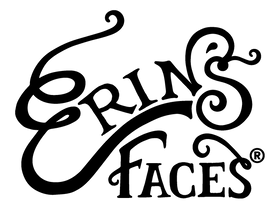
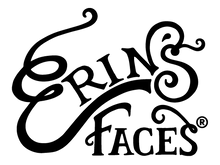
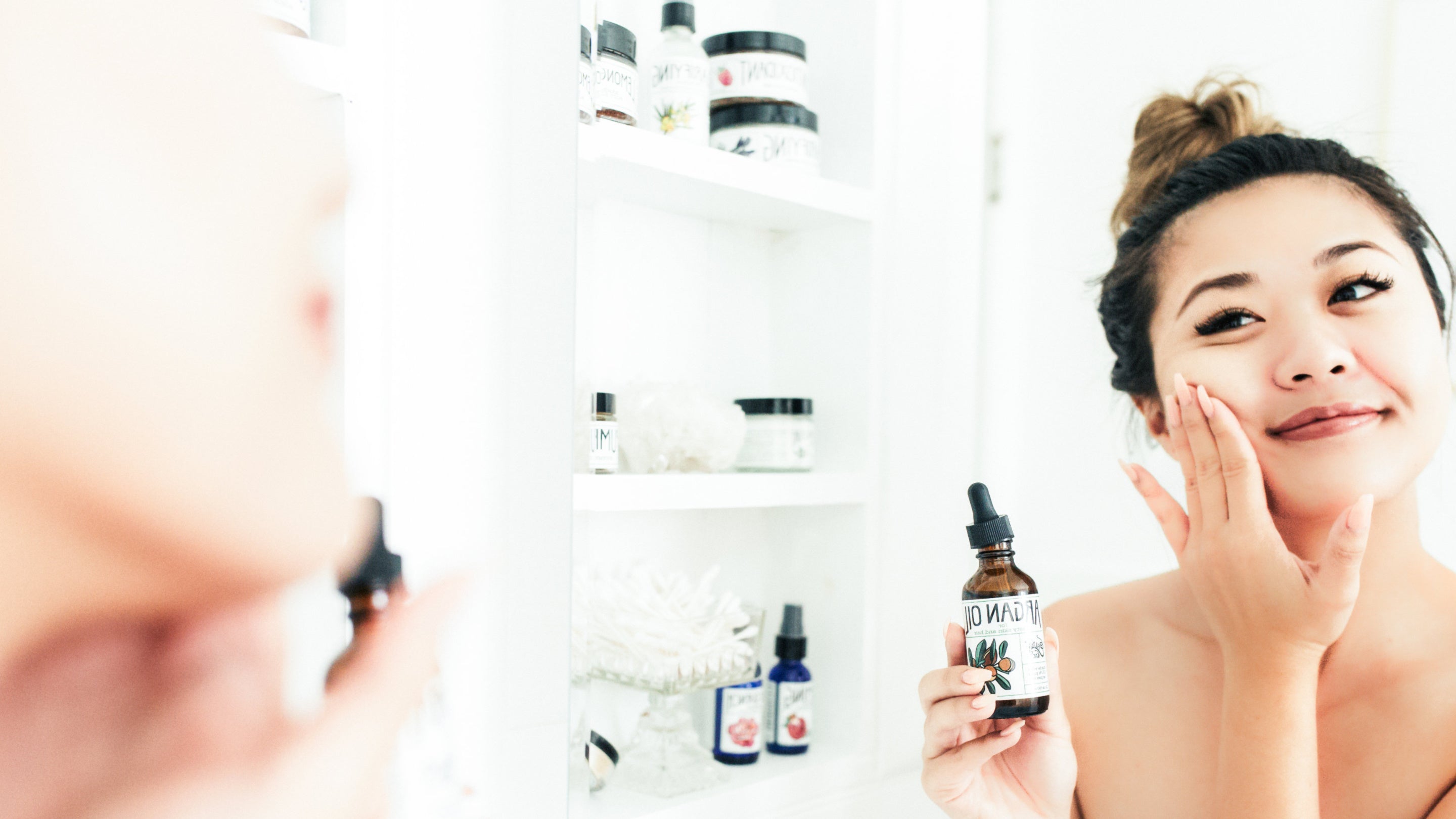
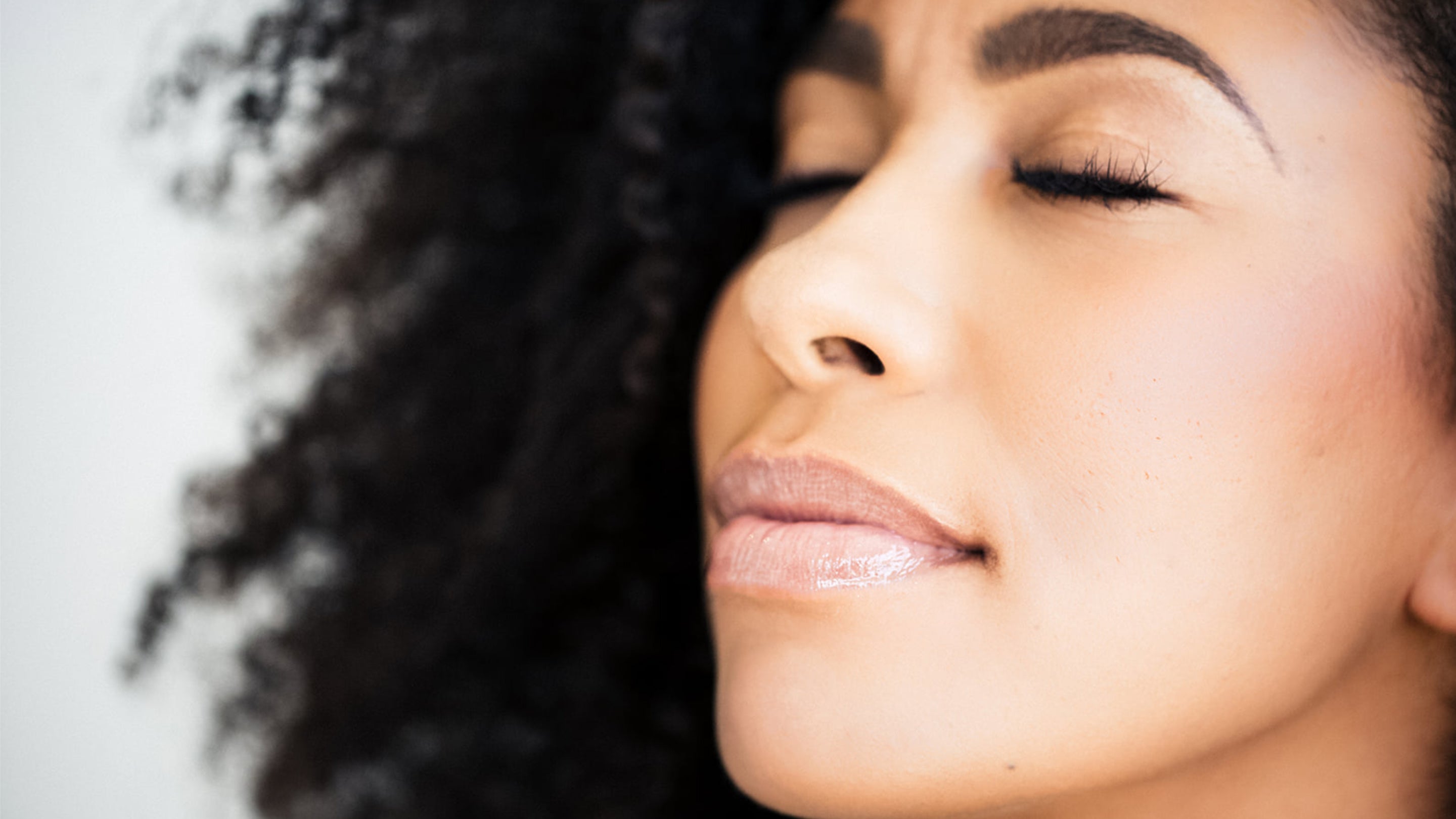
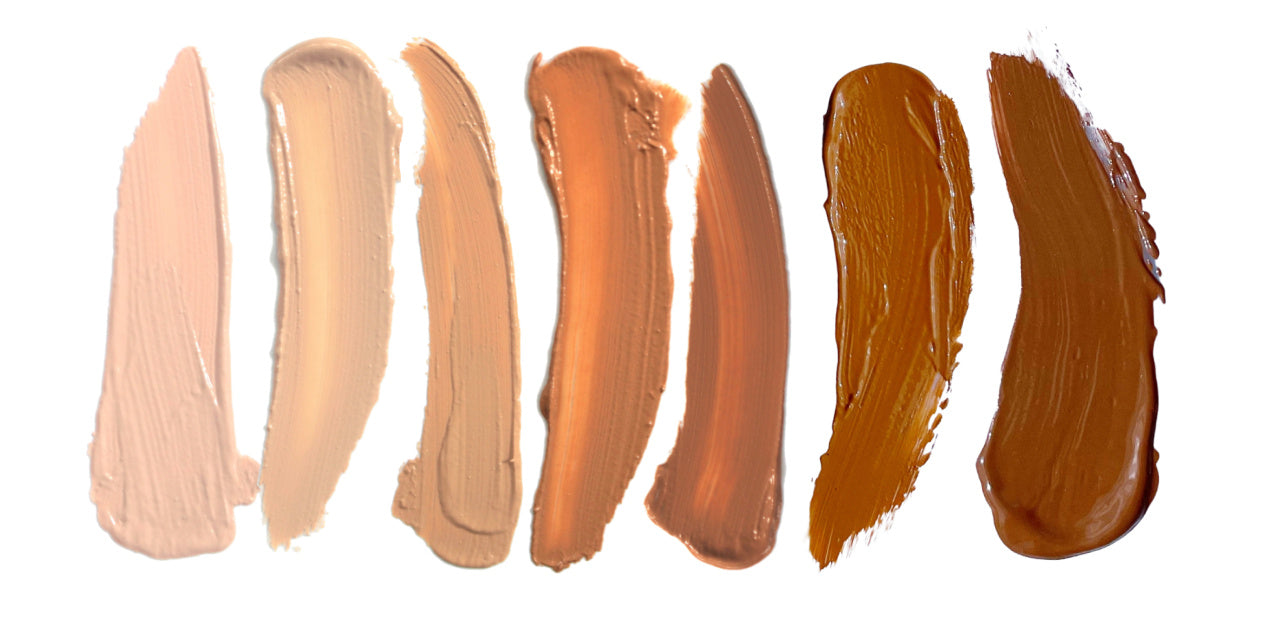
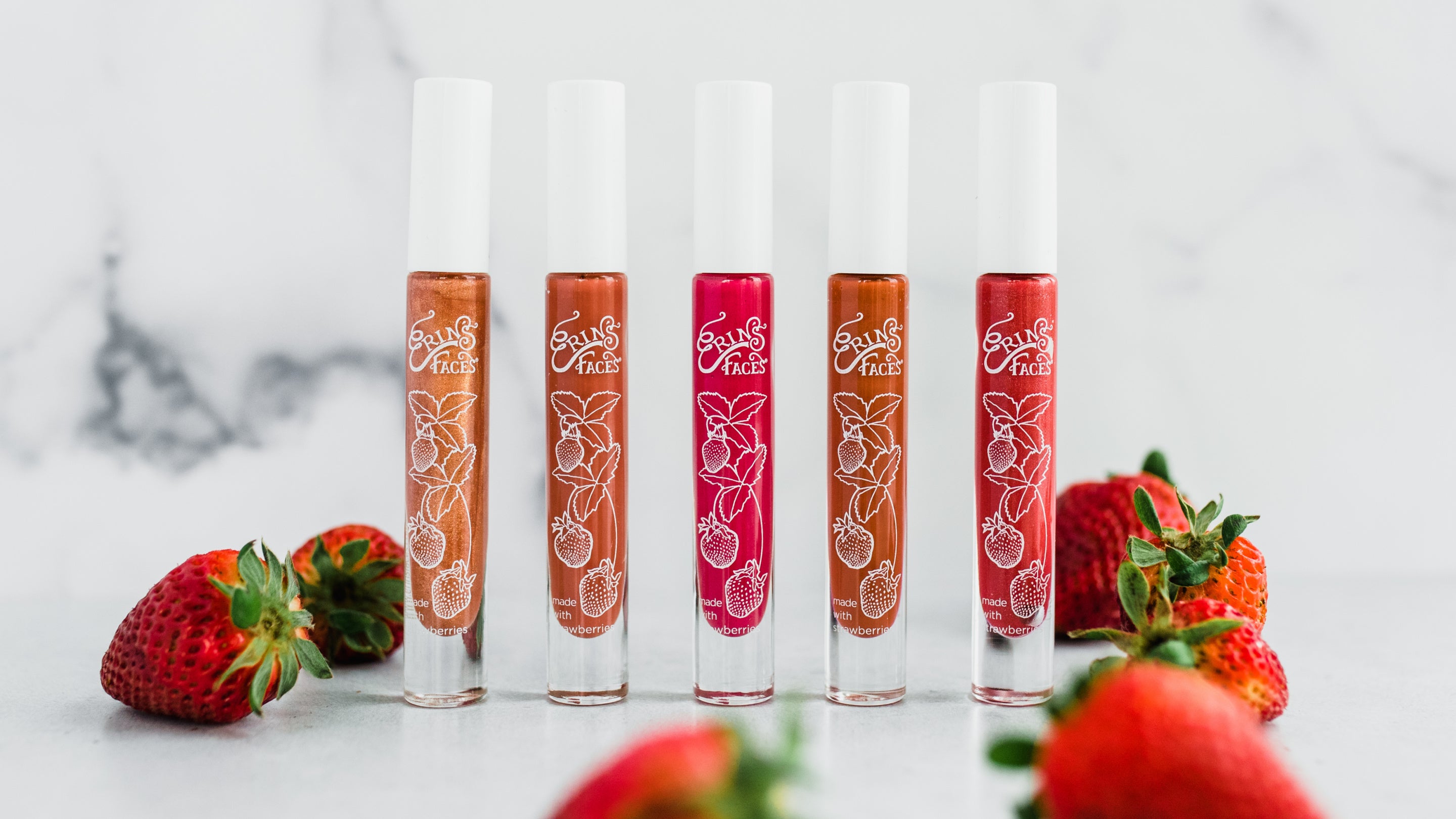
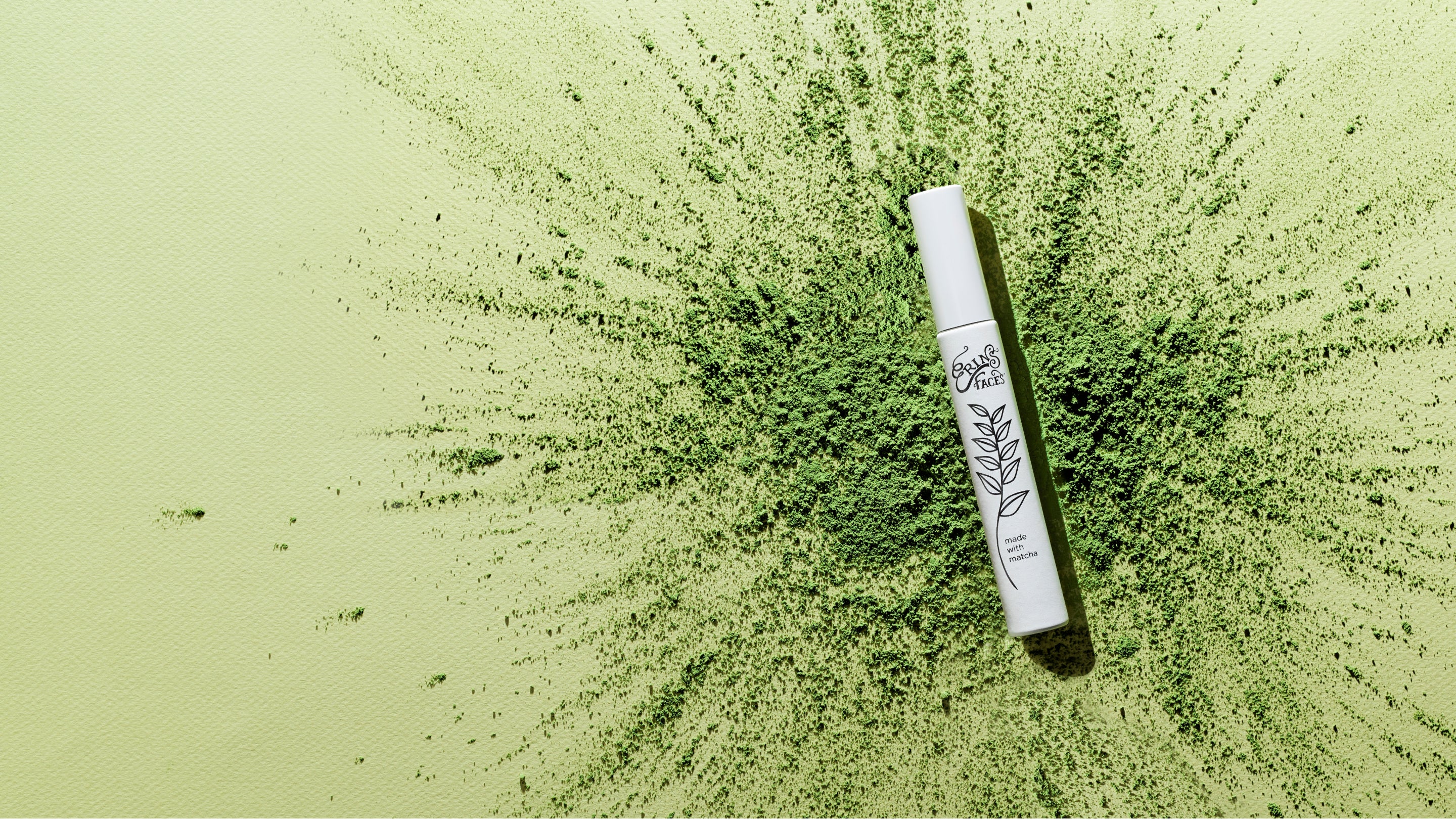
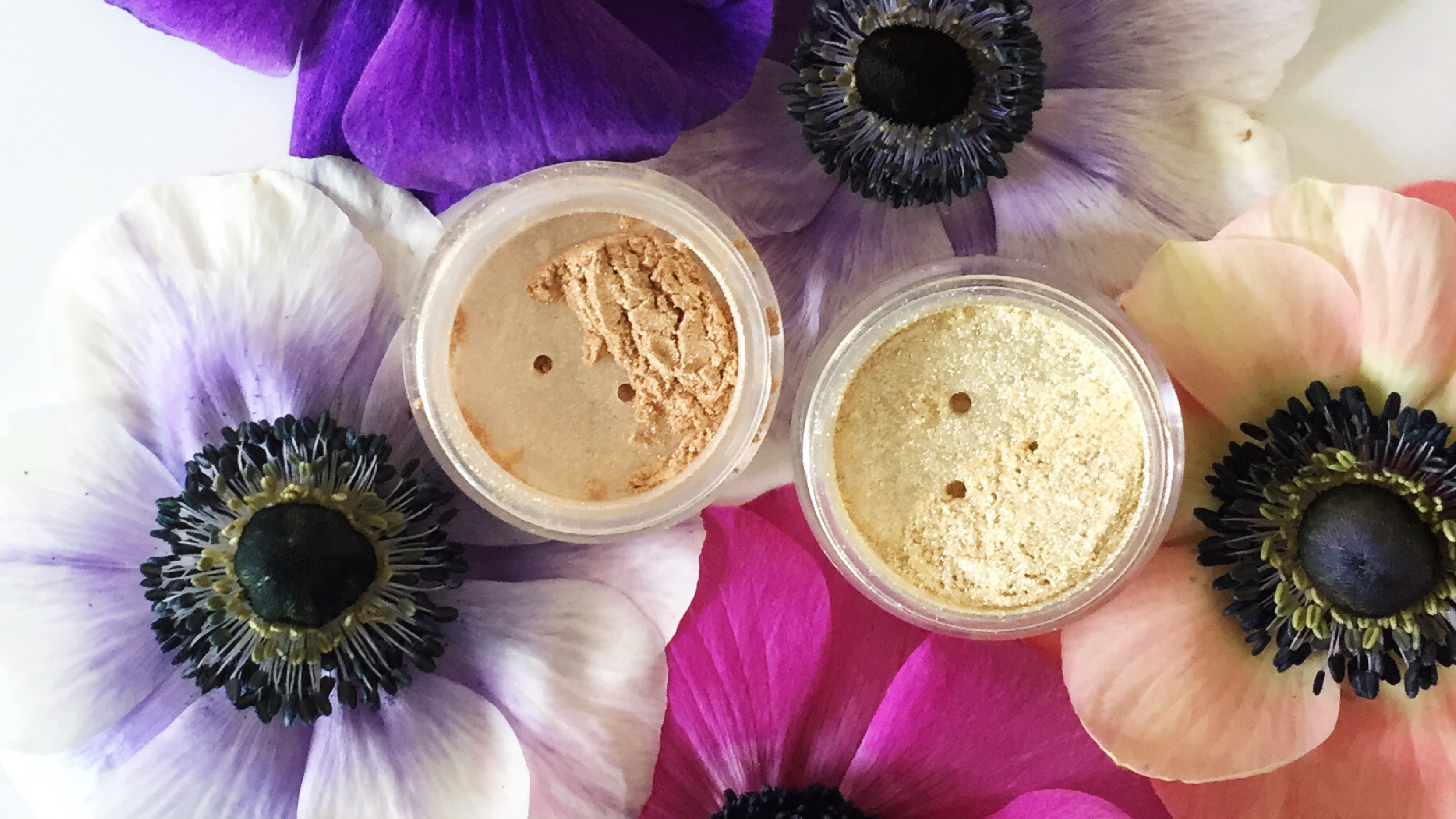
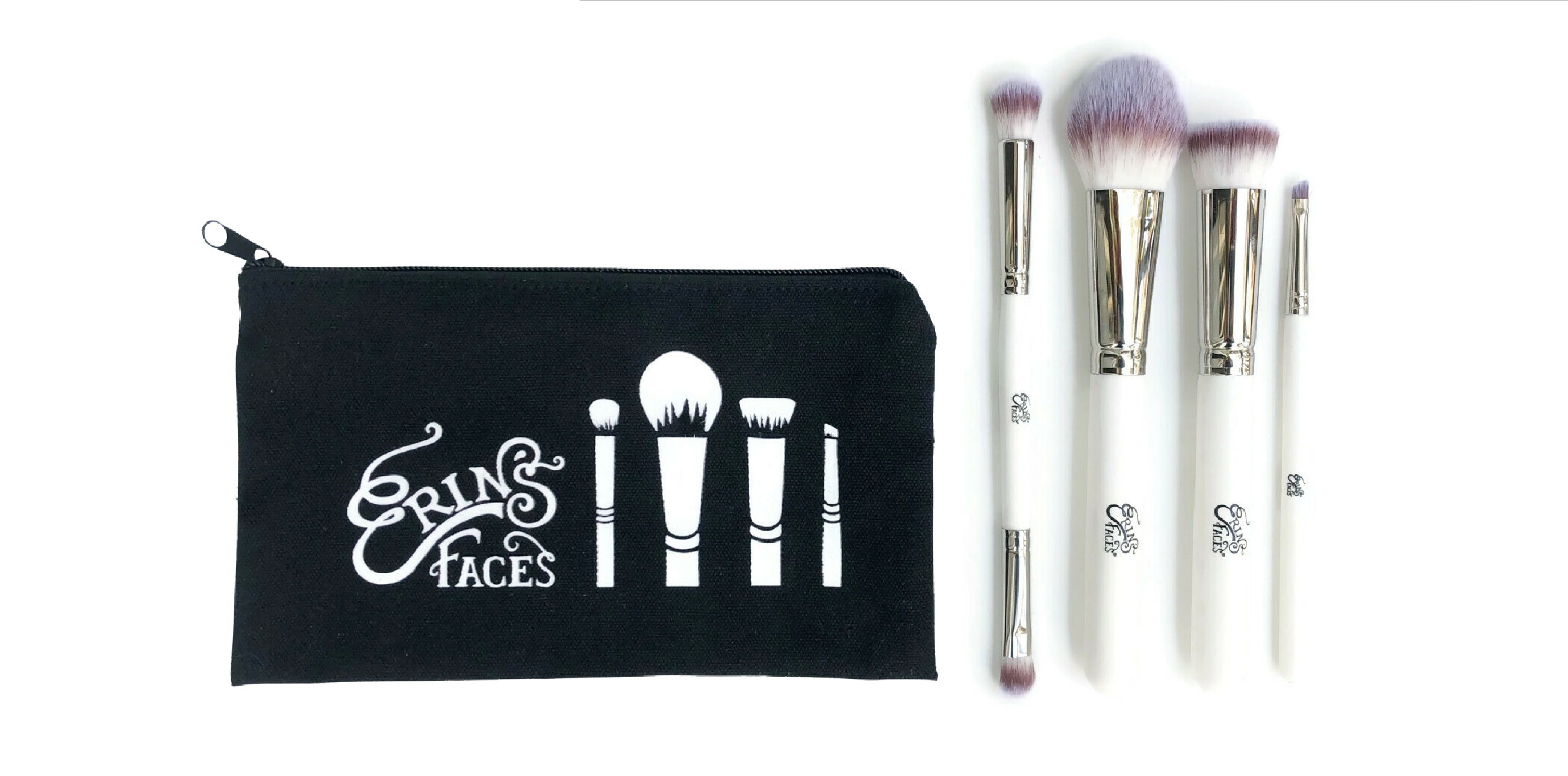
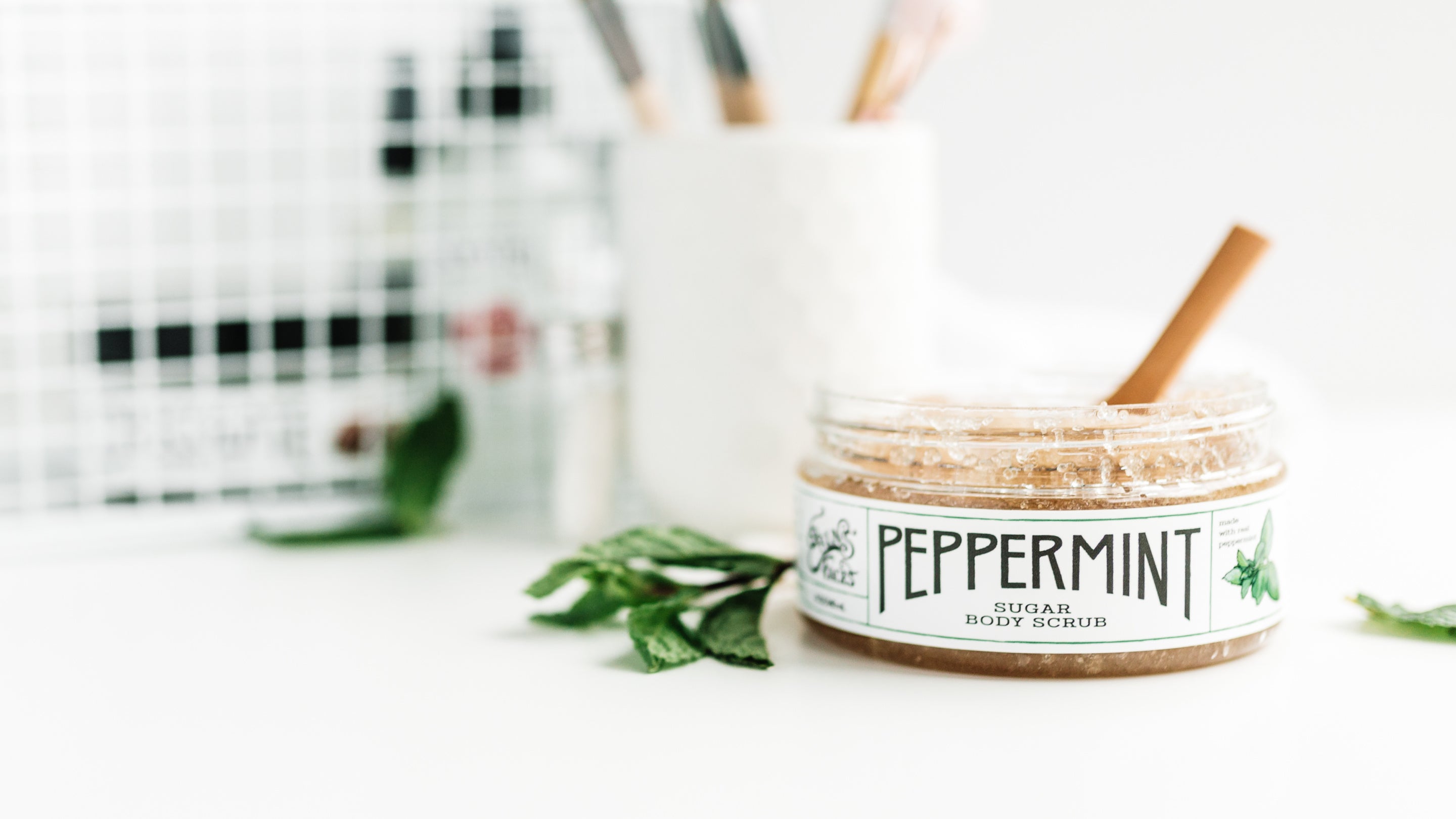
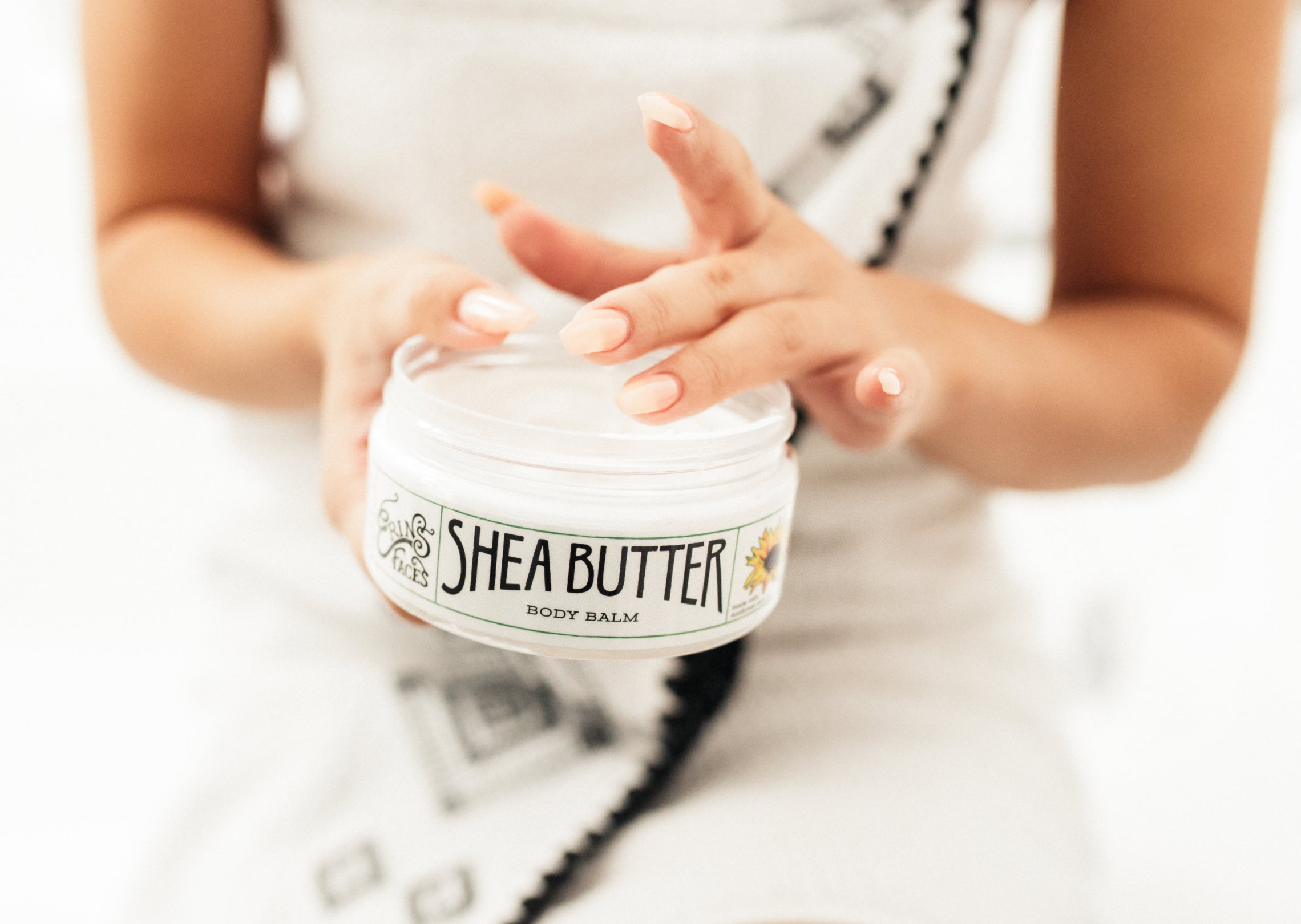
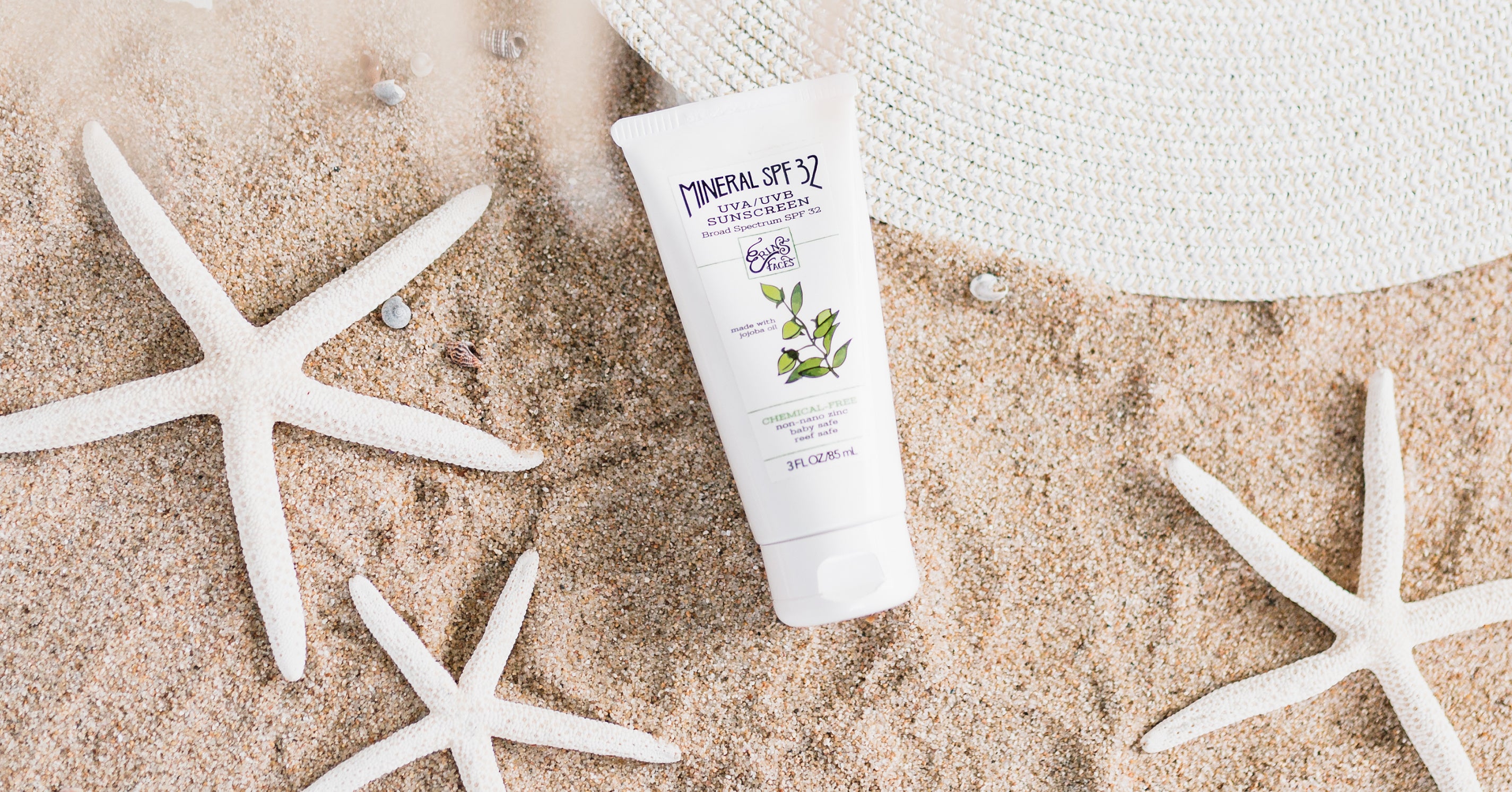
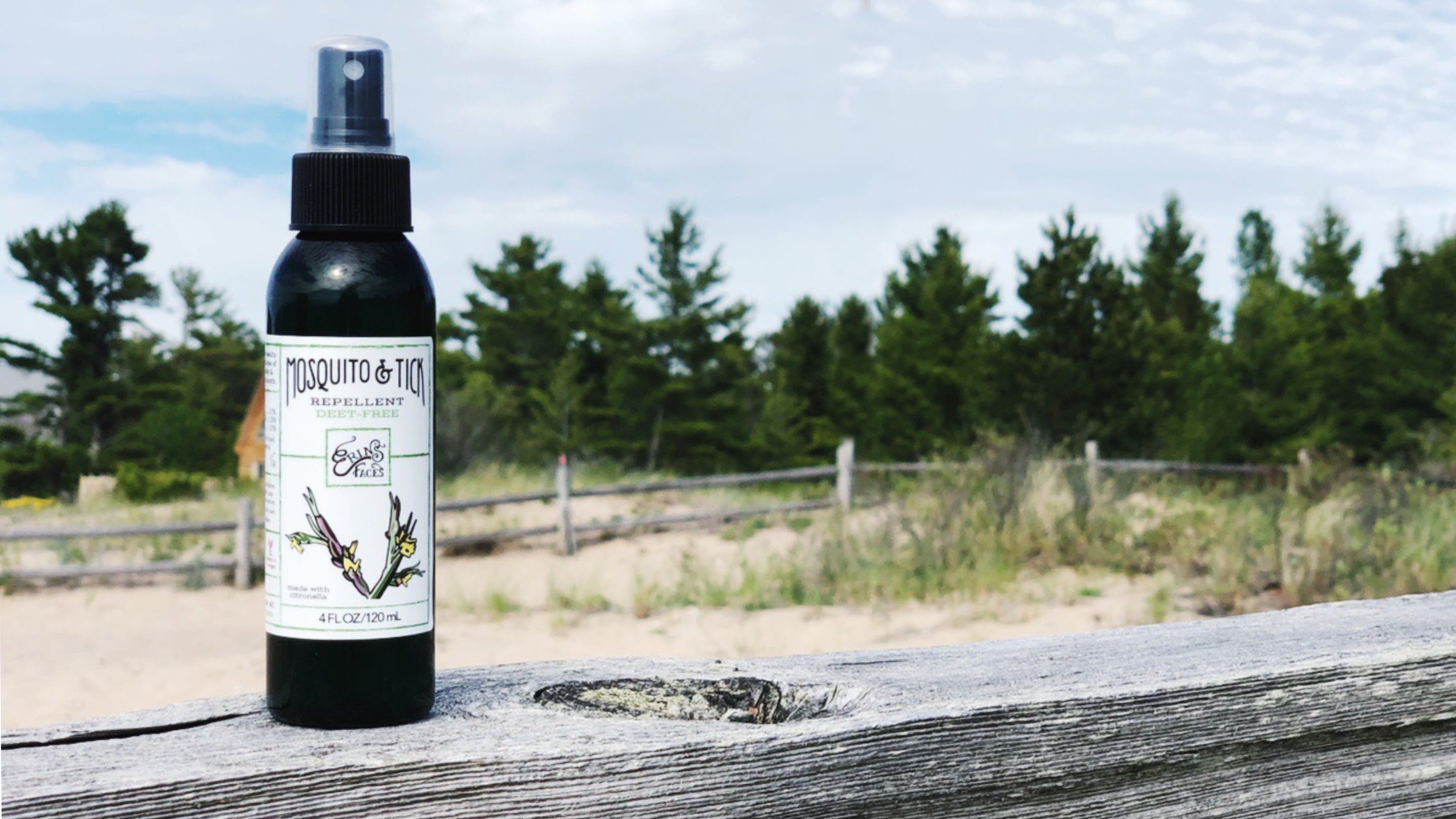
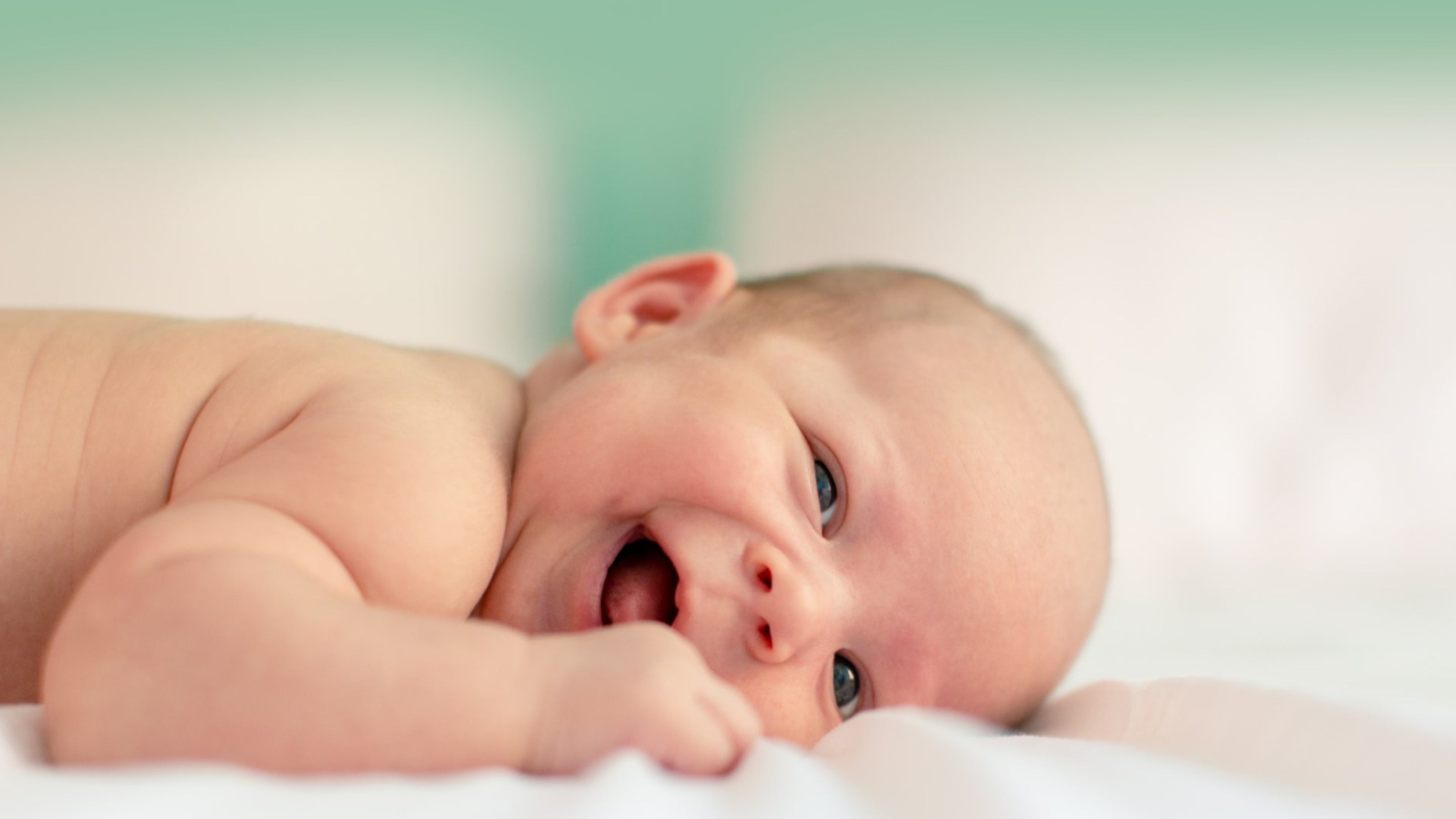

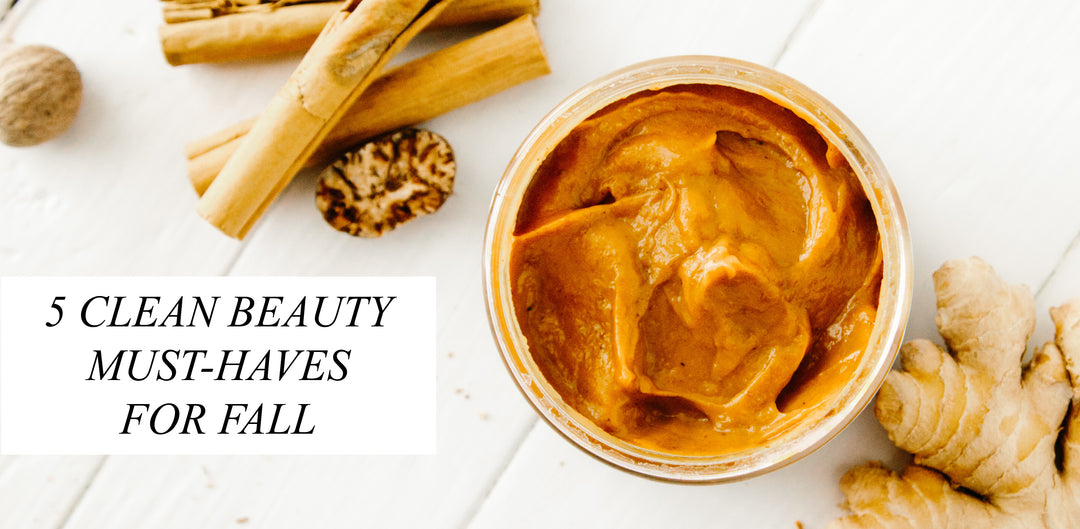

Leave a comment